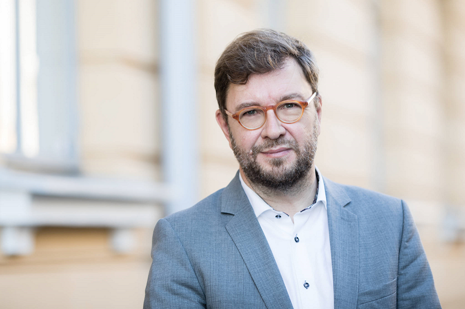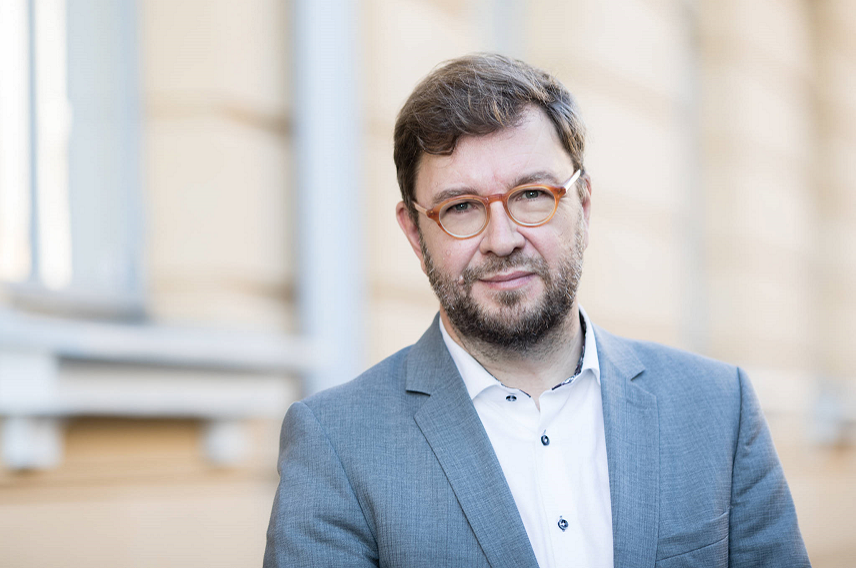

Timo Harakka, Finland's Transport Minister
Despite the air transport industry’s dire need for modernized airspace, especially to meet ambitious environmental targets, the reboot of the Single European Sky (SES2+) has disappointingly been watered down by some EU Member States. However, there are still some nations who understand the importance of this issue. Finland is a notable example, and their Minister of Transport, Timo Harakka, agreed to answer our questions.
We welcomed the adoption of the General Approach, as it is very important to make progress in this file. Having said that, the level of ambition in the outcome is not at the level we hoped for. Still, I remain positive: as the negotiations with the European parliament begin, there will be opportunities to improve the situation. Our common view together with Spain, Ireland, and Malta that can be read from our joint statement reflects this positive outlook for the future.
We hope that in the trilogue negotiations, more ambitious results can be achieved to make sure that the more ambitious environmental objectives can be acquired later on in the future and to make sure that the European Air Navigation system works as united as possible to achieve sufficient capacity and thus, fewer delays. We also find it essential that the role of the Performance Review Body (PRB) will be strengthened by issuing sufficient powers to it. Also, the Network Manager should have adequate powers to make sure the network is functioning well.
We in Finland believe that the best solution would be to place PRB as an independent body to EASA. If that is not an option, it would be essential to ensure that PRB will have adequate resources and powers.
Everyone’s effort is needed to reach the objectives and benefits of SES. To succeed, we need to embrace a network-oriented holistic view where all the stakeholders have a role. Airlines also need to support States and ANSPs in the development of long-term industry solutions which demonstrate that a collegiate approach can reap long-term dividends for all parties, particularly in the area of the Environment. For example, IATA should encourage its members to use alternative fuels as much as possible. The time to act is now. The EC proposals, while moving in the right direction, need a significant push to make them a reality. We count on IATA and their members to continue our collective efforts to realize a true SES.
IATA is a key player and present in many important forums. We appreciate the good cooperation and open discussions with IATA and are always happy to engage in fruitful discussions. It is crucial that aviation and its structures are observed in a holistic way. We have a common aim: a well-functioning system with as few delays as possible to serve the customers in the best possible way.
Additional information: